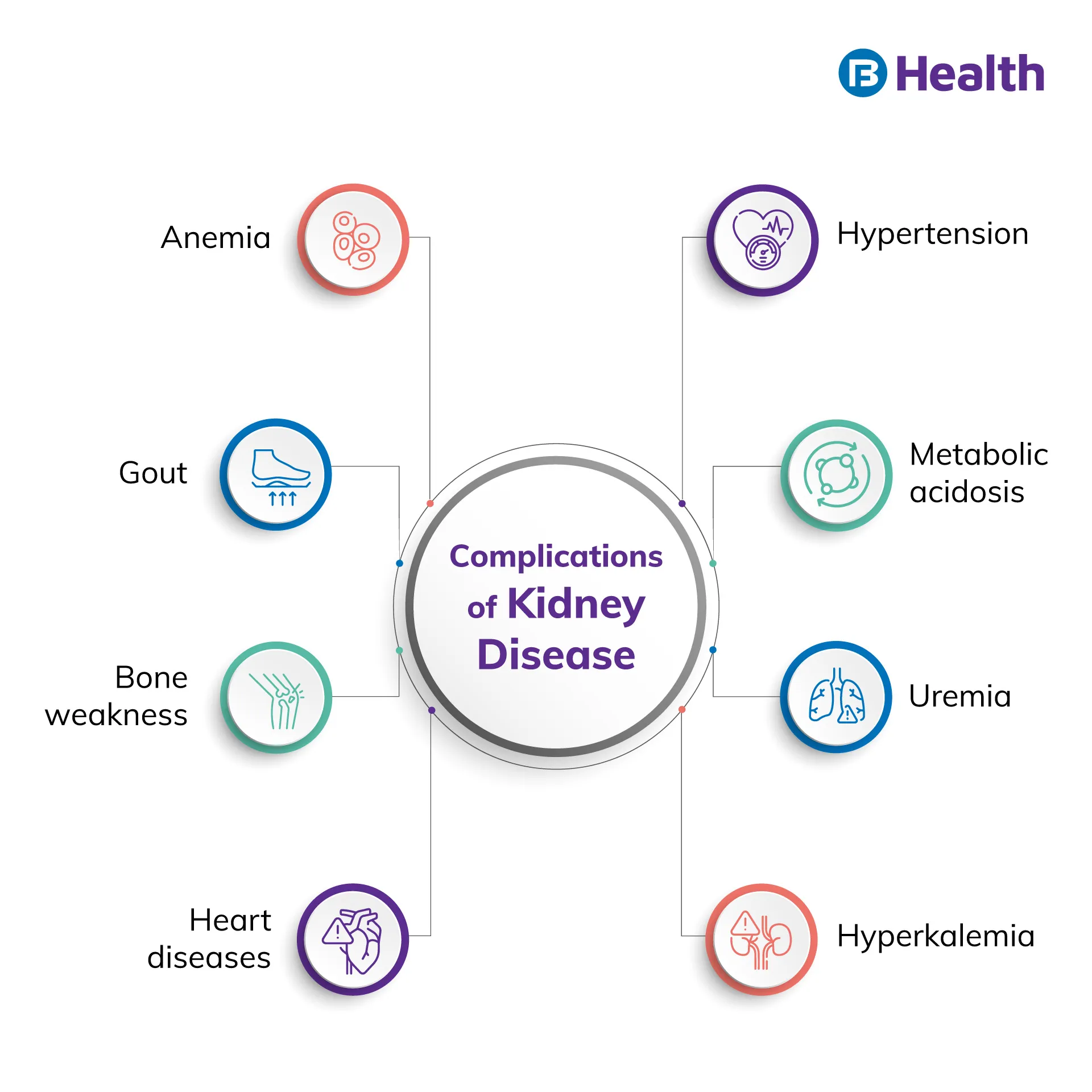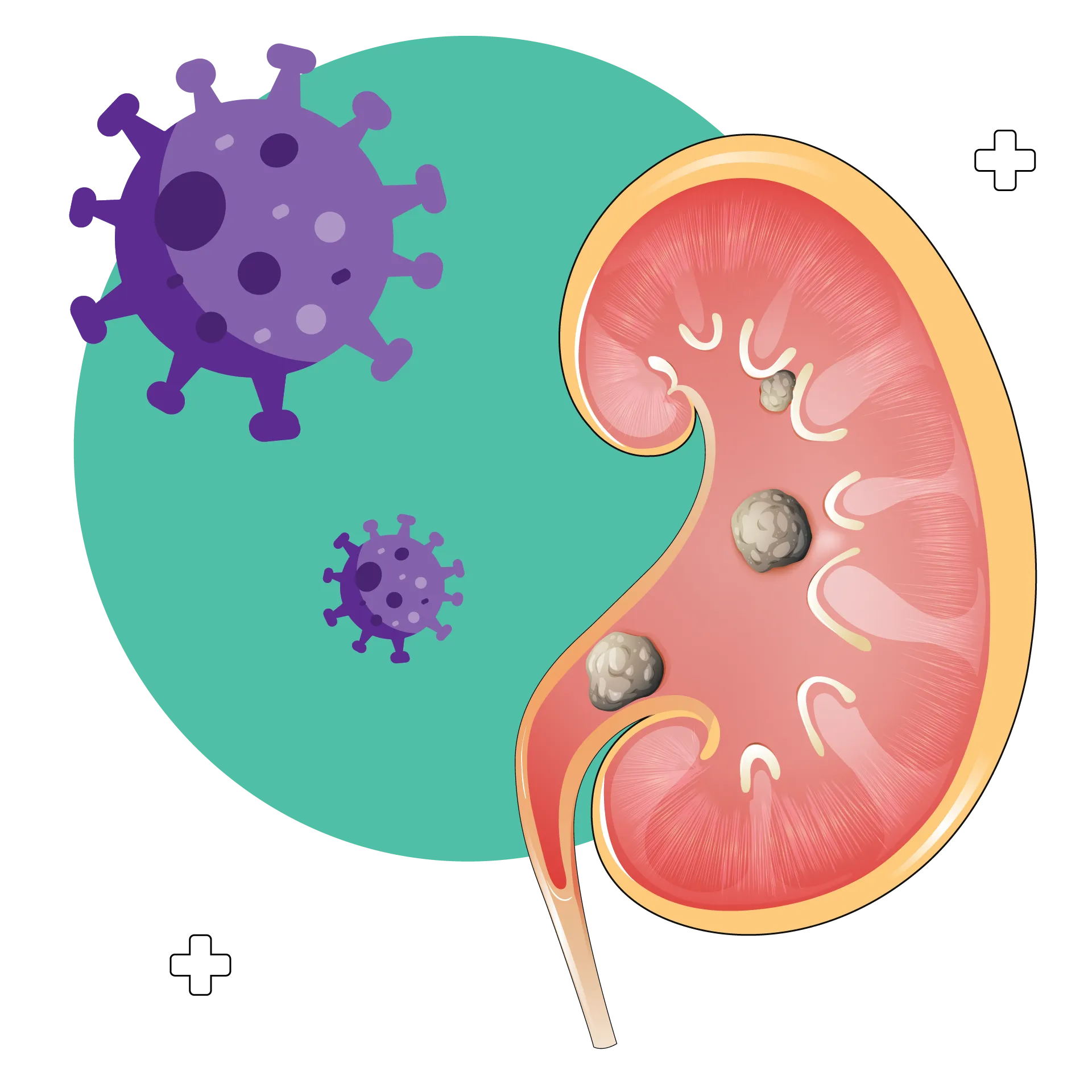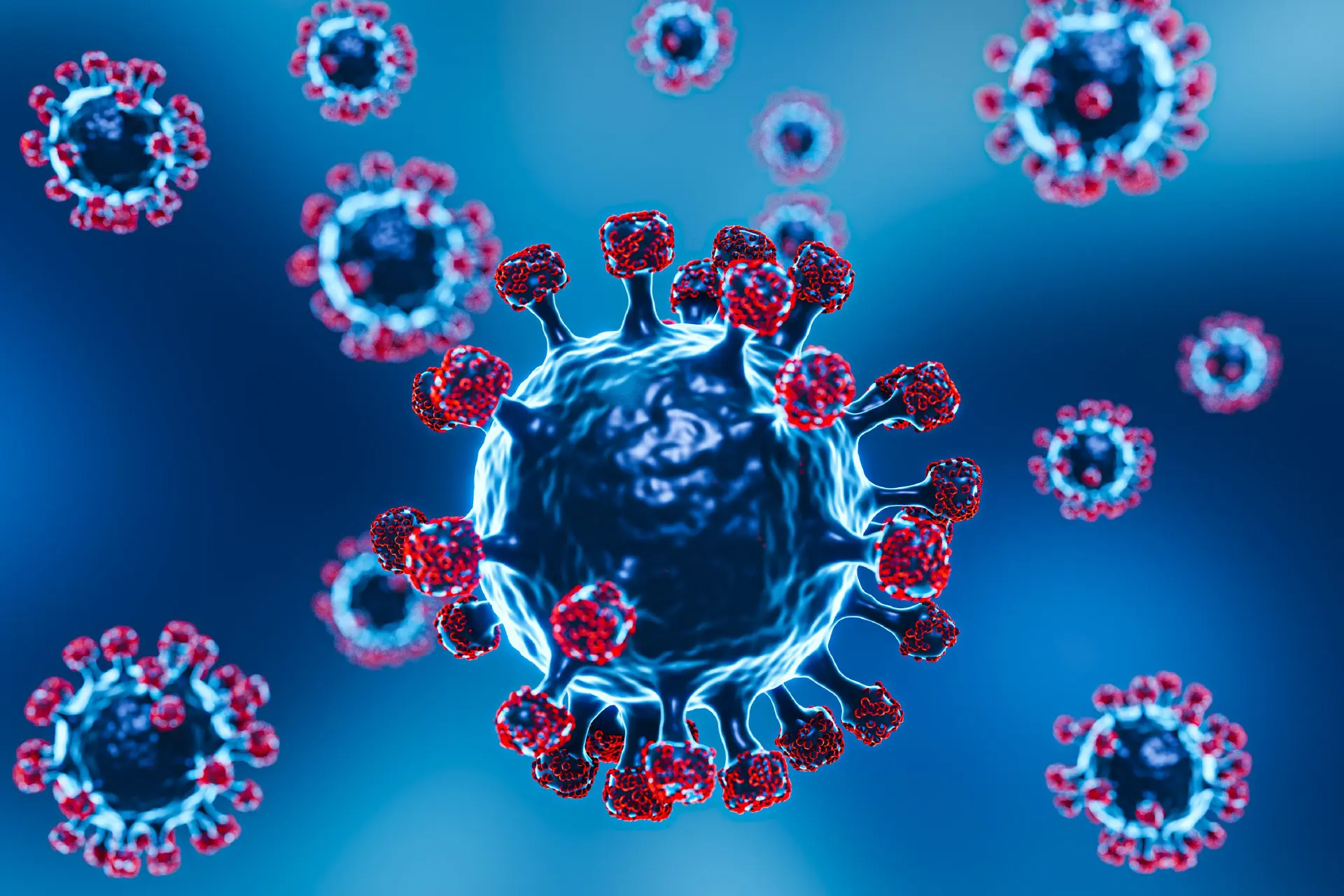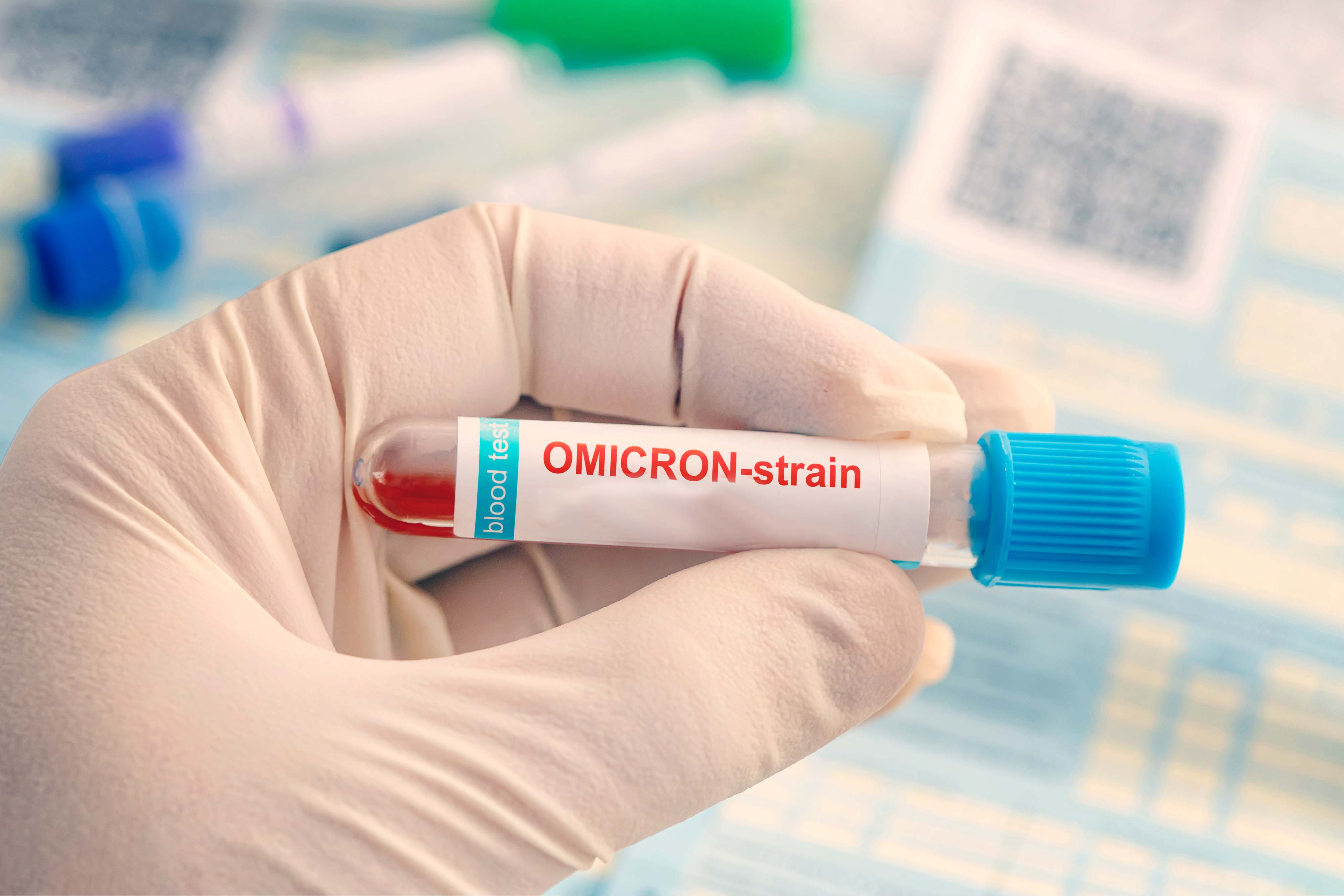Covid | 4 min read
Kidney Disease and COVID-19: A Guide on Everything!
Medically reviewed by
Table of Content
Key Takeaways
- COVID 3rd wave in India and the spread of omicron are on the rise
- People with kidney disease are prone to contracting COVID-19
- Consult with a doctor about COVID care if you have pre-existing AKI risk
Research has made it clear that people with pre-existing medical conditions like kidney disease are more prone to COVID-19 [1]. The virus damages the lungs but findings have confirmed that it can severely impact other organs including the kidney and heart. It is proven that coronavirus affects kidney functions [2]. However, the link between kidney disease & COVID-19 needs further research.
Patients who have kidney disease or a kidney transplant do not have much protection against COVID-19 even if they get vaccinated. But, taking the proper COVID care for pre-existing conditions is key to better health. To make the ideal post-COVID plans and know more about kidney disease & COVID-19, read on.
Additional Read: Omicron Virus: All That You Need to Know About this New COVID-19 Variant
Kidney Disease & COVID-19
Those with severe medical conditions such as chronic kidney disease have a higher risk of getting COVID-19 and other serious illnesses. This is because dialysis affects immunity and makes it difficult to fight infections. Despite these effects for kidney patients, it is important to follow their dialysis treatments. Take precautionary measures for COVID-19 to be on the safer side. Similarly, if you have had a kidney transplant, you should continue to take immunosuppressive medicines.
Although the COVID impact on kidneys is still unspecified, experts suggest that COVID-19 may have long-term effects on kidney functions. As COVID-19 is relatively a new virus, research is still underway. Experts are studying ways to treat COVID-19 patients with kidney disease. Current treatments for COVID-19 do not address kidney problems. This is why you shouldn’t stop existing treatment even though the risk is high.
How COVID-19 Affects Kidneys
Almost one out of three patients hospitalized due to COVID-19 develop acute kidney injury (AKI). This is a condition where your kidney function declines. It may develop even in people who did not have any kidney disease. The possibility of acute kidney injury increases in patients who had pre-existing AKI risk or have become critically ill. In the majority of cases, such patients will require dialysis on an emergency basis. Experts are still unclear as to why COVID-19 affects kidneys. In instances that it does cause complications, here’s how it can affect your vital organ.
Abnormal oxygen levels
Pneumonia is a severe complication of COVID-19 that leads to abnormally low levels of oxygen in the blood. The low levels of oxygen can give rise to kidney disease in COVID-19 patients.
Inflammation
Your body’s immune response to the coronavirus can be responsible for affecting your kidneys. The body sends a rush of cytokines into the body and this storm of cytokines can cause severe inflammation. While killing the infectious cells, this inflammatory reaction can also damage the healthy tissues of your kidneys and other body parts.
Blood clotting
The kidneys filter and segregate toxins, extra fluid, and waste products from your body. However, it was found that COVID-19 causes blood clots to form in the bloodstream. These tiny blood clots can clog the blood vessels in your kidney and affect its functioning.
COVID Care for Pre-Existing Condition or Issues
Older people are more prone to suffering from severe complications of kidney disease. Those with existing health conditions must take preventive measures against COVID-19. These include:
- Getting vaccinated
- Wearing a mask
- Maintaining social distancing,
- Practicing proper hygiene [3].
Here are the guidelines in detail:
- Continue taking your medicines for your existing medical conditions
- Follow your current treatment plan for managing conditions like:
- Asthma
- Dialysis
- Blood sugar
- Stock up on supplies of prescribed and non-prescribed medicines
- Opt for telemedicine and other remote healthcare options
- Visit your doctor for routine healthcare appointments or preventive health check-ups
- Learn to cope with stress during the pandemic
- Wash your hands often and wear a mask with two or more layers
- Make dietary changes based on your medical conditions
- Limit contact with people and avoid sick people
- Avoid going in crowds as much as possible
- Get vaccinated and consult your medical practitioner to manage symptoms
With experts predicting a COVID 3rd wave in India and the spread of the new omicron variant, do everything you can to protect yourself. Get vaccinated at the earliest and test for COVID-19 if you show early signs. There are different COVID tests types [4] and you must be cautious. If you have been infected, focus on post-COVID plans to recover fully. To monitor your kidney health, book lab tests such as an ACR test on Bajaj Finserv Health. You can also book an in-person appointment or an book an online doctor consultation. Get advice from the best doctors around you on everything including omicron and kidney disease.
References
- https://www.cdc.gov/coronavirus/2019-ncov/need-extra-precautions/people-with-medical-conditions.html
- https://www.hopkinsmedicine.org/health/conditions-and-diseases/coronavirus/coronavirus-kidney-damage-caused-by-covid19
- https://www.cdc.gov/coronavirus/2019-ncov/need-extra-precautions/people-with-medical-conditions.html
- https://www.medicaldevice-network.com/features/types-of-covid-19-test-antibody-pcr-antigen/
Disclaimer
Please note that this article is solely meant for informational purposes and Bajaj Finserv Health Limited (“BFHL”) does not shoulder any responsibility of the views/advice/information expressed/given by the writer/reviewer/originator. This article should not be considered as a substitute for any medical advice, diagnosis or treatment. Always consult with your trusted physician/qualified healthcare professional to evaluate your medical condition. The above article has been reviewed by a qualified doctor and BFHL is not responsible for any damages for any information or services provided by any third party.






